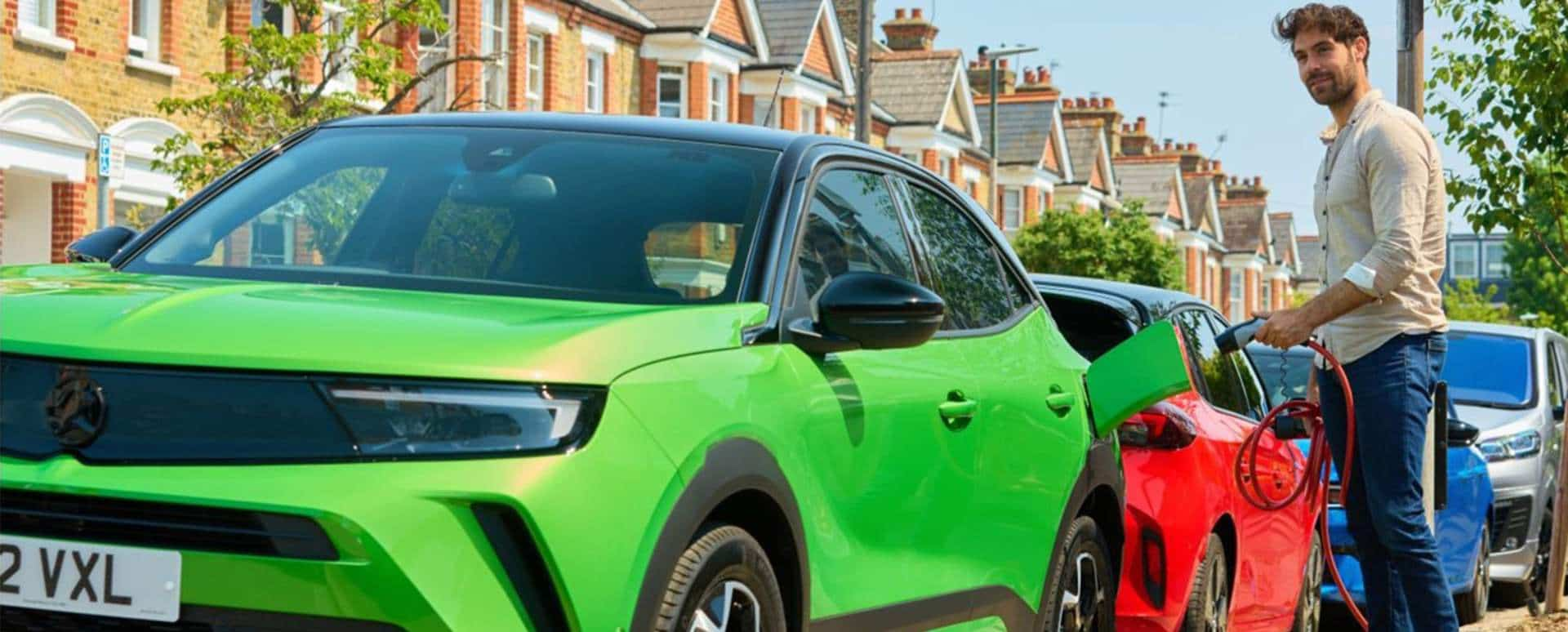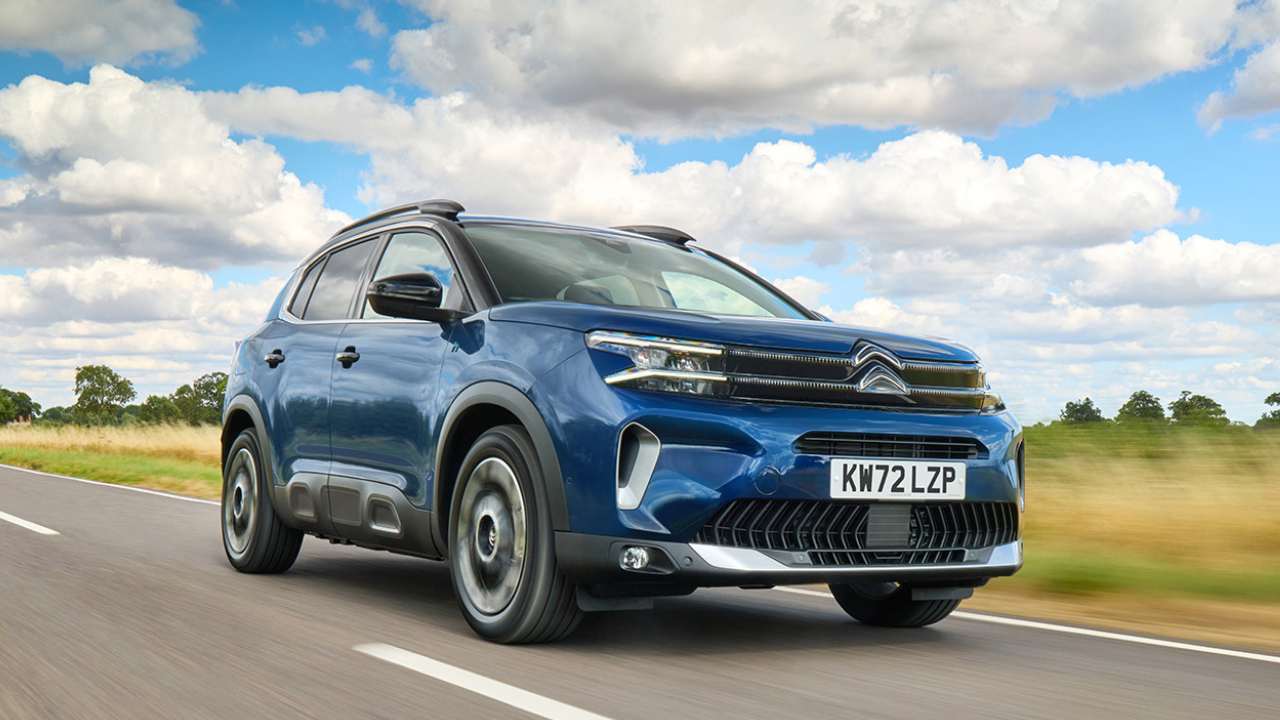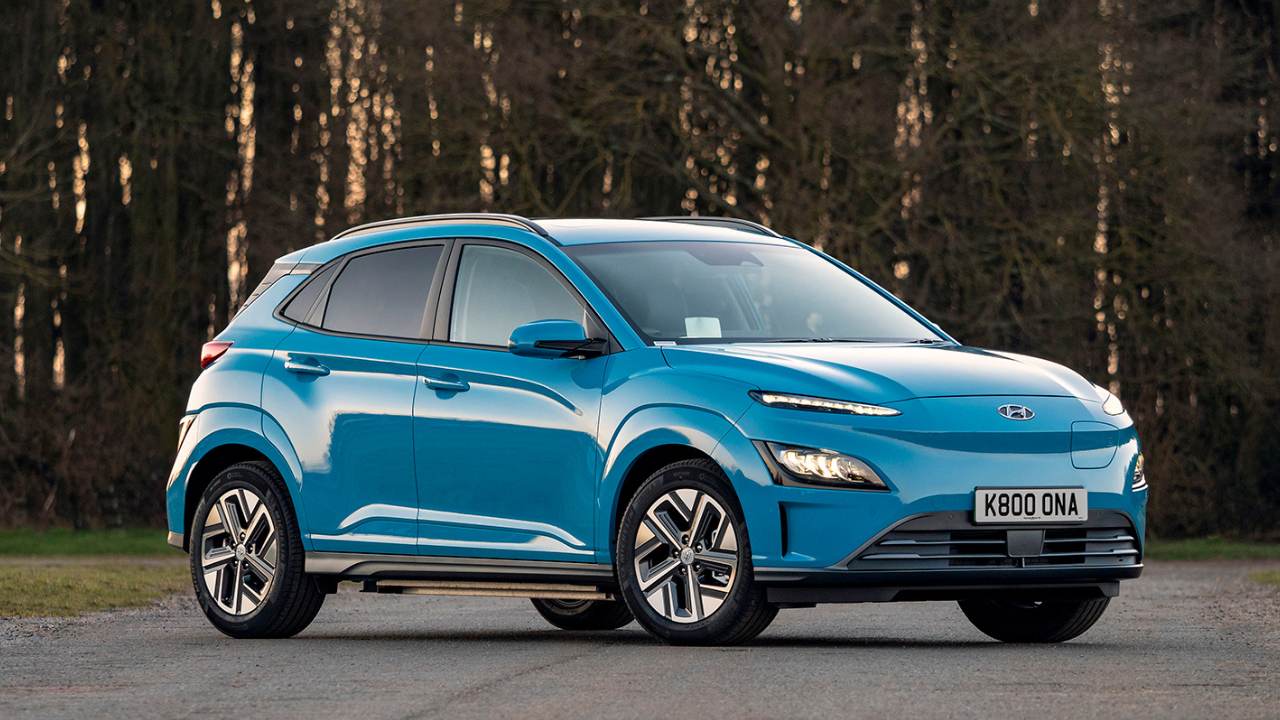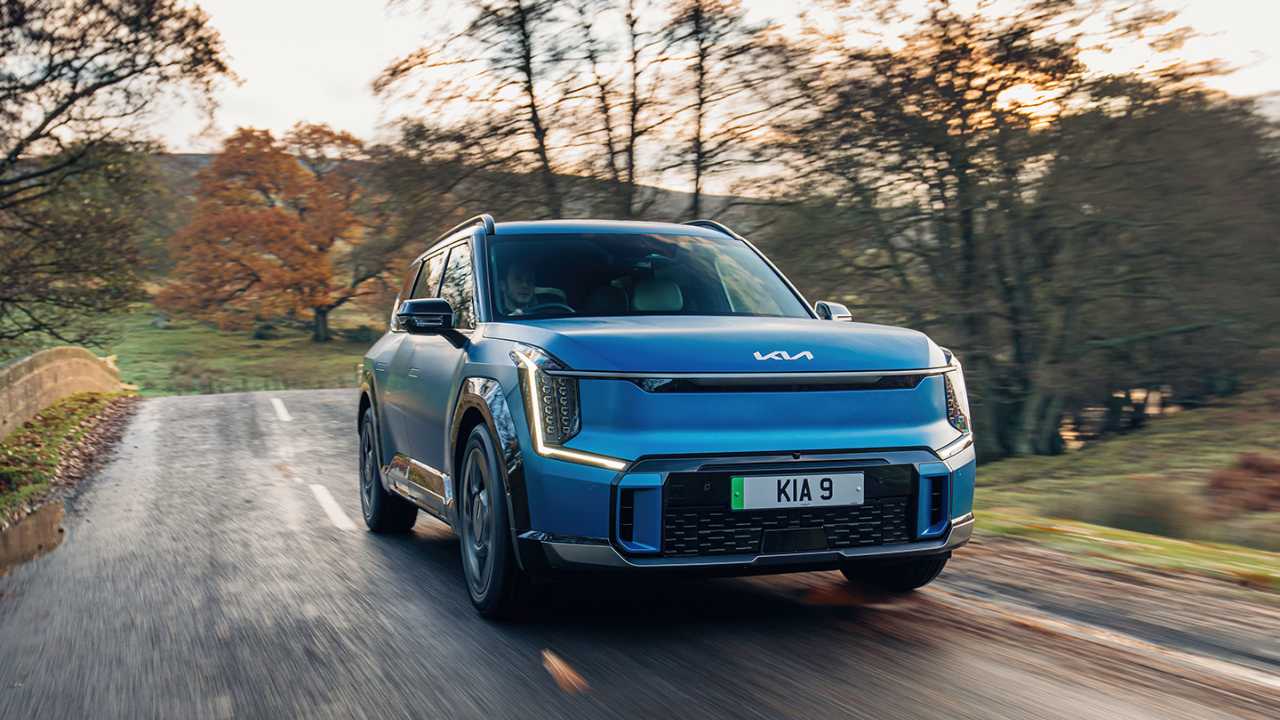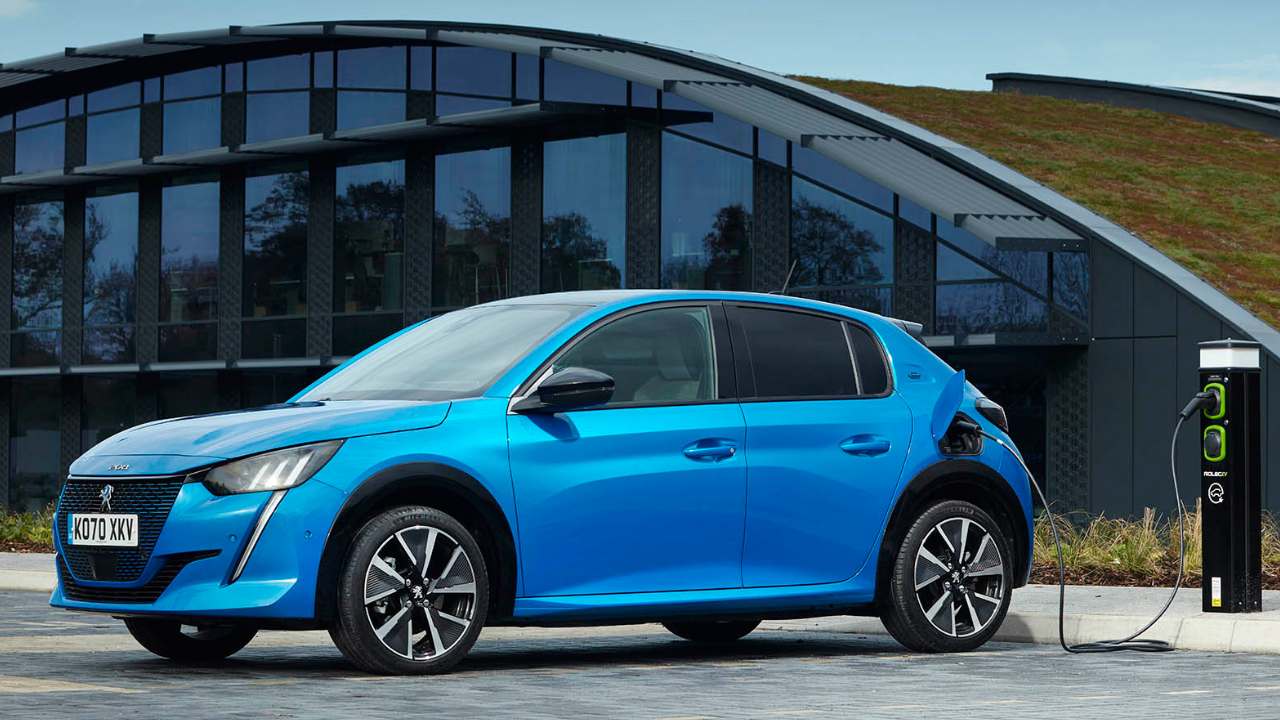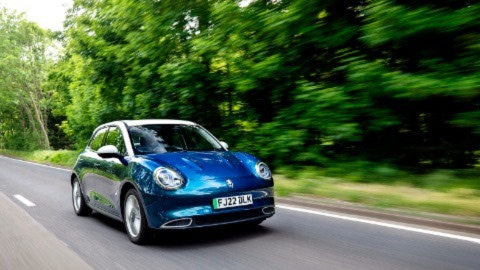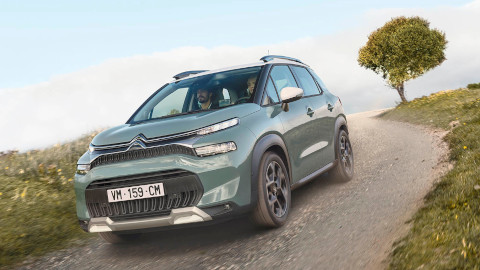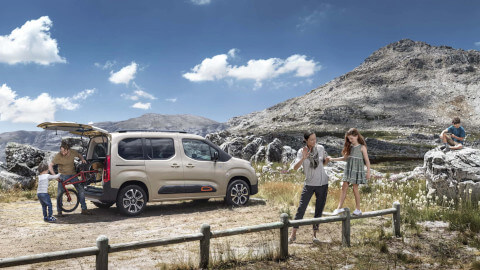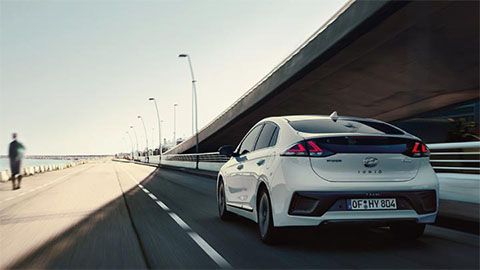The ultimate guide to car depreciation
Depreciation is an overlooked cost by most people who’re in the market for a new vehicle. Most people don’t understand what this cost is and how it can affect the value of resale and how the money they’ve initially invested in a car, can lower with time.
This guide will help you understand what’s this cost and how it can impact your vehicle’s value over time.
Contents
- What is car depreciation?
- What affects car depreciation?
- What is the depreciation rate of a car?
- How to avoid car depreciation?
What is car depreciation?
Car depreciation is the process of your car losing value over time. For example, if you buy a car for £15,000 and then a few years later it’s only worth £10,000, the car has depreciated £5,000 in value.
Most cars will see their largest fall in value during the first year after they are newly registered, which is good news if you’re looking to buy a car that has a few miles on the clock already. Depreciation starts to slow down after a car becomes a year old, and slows down further when it reaches three years old.
Depreciation is often an overlooked cost when buying a new or used car, despite the fact that it can be one of the most expensive parts of car ownership.
What affects car depreciation?
There are a few factors that can influence how much your vehicle will decrease in value. The items below list the main reasons that affect your car’s depreciation:
Age and mileage
Age and mileage are the two most important factors in depreciation. Generally speaking, the older a car is and the more mileage it has covered, the lower its value is going to be. This is also true of the number of owners; the lower, the better.
Condition
Mechanical and interior/exterior condition can also dictate a car's value. Maintaining the manufacturer servicing schedule and keeping the car in nice condition with little to no visible damage will mean it is worth more to potential buyers.
MOT and Warranty
A car without an MOT is worth significantly less than a car with 12 months MOT. Cars that are still under manufacturer warranty are generally worth more, too.
Luxury
Luxury vehicles tend to depreciate more than popular cars. That’s because the older the vehicle gets, the more maintenance it’ll require. Purchasing the correct parts and paying for expert technicians is more costly than the average vehicle.
What is the depreciation rate of a car?
As previously mentioned, a brand-new vehicle starts to depreciate from the moment it’s purchased. The depreciation rate varies according to the type of car, make and model, and condition it’s in but, on average, it can depreciate anything from 15 to 35 percent of its initial value within the first year.
It’s estimated that after three years, vehicles can depreciate up to 50 percent.
How to avoid car depreciation
Even though you can’t completely avoid vehicle depreciation, there are a few things you can do to minimise it:
Keep your car in good condition
The best thing you can do to minimise depreciation is to keep the car in nice condition. Avoiding damage to the inside and outside of your car is crucial to maintaining its value.
Maintain it properly
Keeping to the manufacturer's recommended servicing schedule is very important. Cars with a full service history are worth more than ones with part or no service history.
Avoid modifications
Modifying your car makes it more personal to your tastes, but it also lowers the number of potential buyers, reducing its value. This includes things like vinyl wraps, engine modifications and fitting aftermarket suspension.
Sell your car with Evans Halshaw
Looking after your vehicle, and making sure it’s maintained properly, will help you keep as much of its original value as possible. At Evans Halshaw, we guarantee to give you the best price for your car when you sell it to us.
Our quick and easy online car valuation tool let you see the price you'll get for your car, and you can then arrange to drop it off at one of our nationwide drop-off points.

